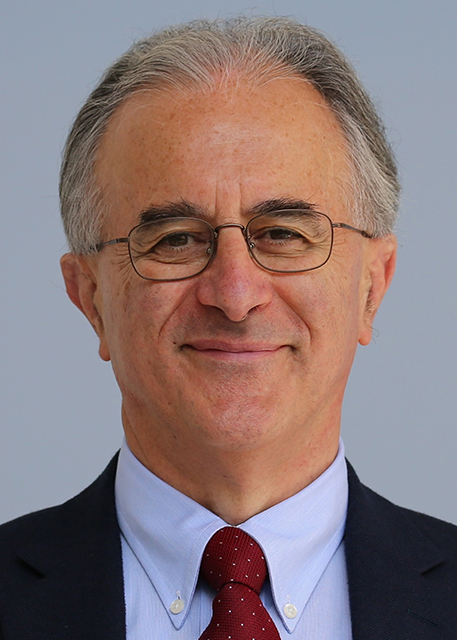Executive Leadership

Alberto Grignolo, PhD
Editor-in-Chief
Global Forum
Fellow of DIA
uring the opening DIAmond session at the DIA Global Annual Meeting in San Diego, Dr. Harlan Krumholz (Yale University) urged drug developers to radically change their perspective of patients who participate in clinical trials:
“We have treated research subjects like prey. Like prey! We hunt them, we track them down, we get them into our trials, we don’t let them escape! God forbid: ‘lost to follow-up, we’ve got to capture them back, they got away from us!’… They are bad bad subjects if they don’t comply…Instead of saying: we are holding hands, we are partners, we are going to try to move this forward together with a common goal, and you are participants, partners, we are cooperating together for common goals, we are not chasing you down to get your data so we can submit it for regulatory purposes.”
With the benefit of hindsight, many of us now realize the error of our decades-long ways of thinking. Patients who willingly accept to participate in clinical trials are not “subjects in experiments.” Rather, they are persons who choose to partner with drug developers, physicians and the entire healthcare product development enterprise to benefit humanity and, with luck, even themselves. This choice often entails personal inconvenience, sacrifice, discomfort, pain, risk, and uncertainty; but also hope, altruism, courage, and sometimes personal benefit.
All partnerships embody hope and anxiety, benefit and risk. Partners willingly acknowledge and accept the rules of the game. Partners expect fairness and shun inequality. Partners have a voice, they have equal say, they ask to be heard, they have influence, and ultimately they have the right to walk away and even dissolve the partnership. Partnerships are investments. Partners expect a return on their investment.
In clinical research, this new way of thinking requires a much higher measure of respect for patients who partner with us. Patients are not subjects, objects, or prey. They have rights and they have choices. They are entitled to knowing and even negotiating the terms of the partnership (the clinical protocol and the informed consent), to understanding the execution of the partnership (the conduct of the research) and to enjoying the fruits of the partnership (the research results).
Do we R-E-S-P-E-C-T our patient partners?
Send your feedback on this issue to:
Publications@DIAGlobal.org

